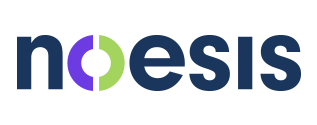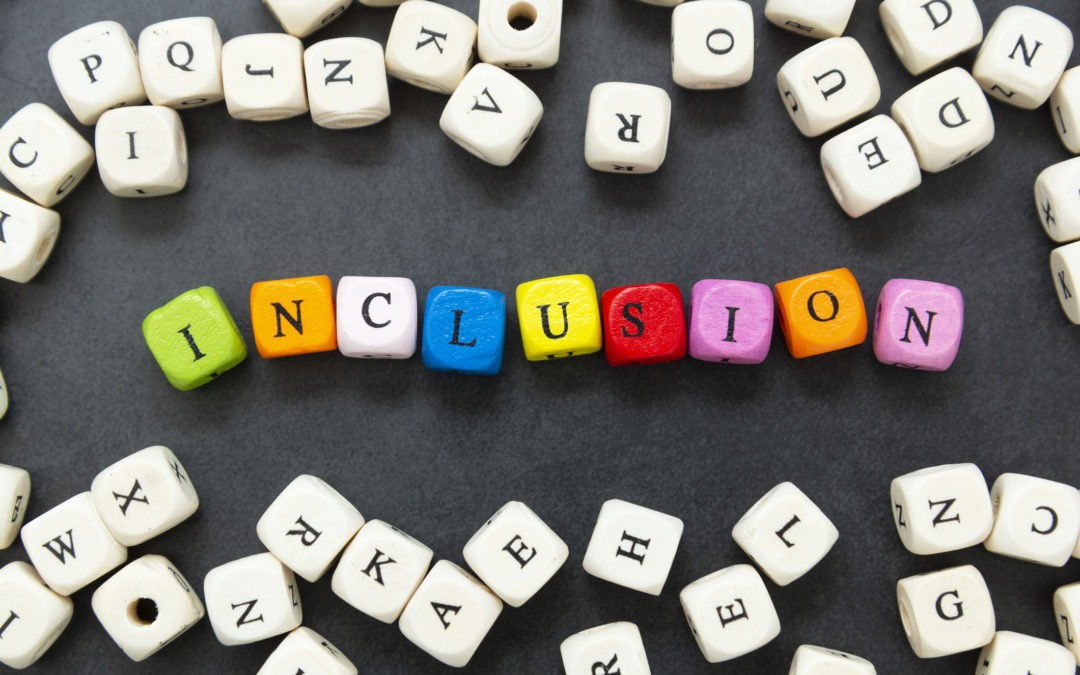There are two major forces at play in the world right now. They are driving change in society—and, require business leaders to transform too.
The global pandemic is continuing. Spikes in COVID-19 cases and second waves are happening and anticipated. Many employees will continue to work from home. They must navigate the ongoing practical and emotional highs and lows while remaining engaged and effective. Other team members are taking tentative – maybe sporadic – steps back into physical work spaces, with new protocols to navigate.
Secondly, the Black Lives Matter movement has heightened our awareness of ongoing exclusion of marginalized communities, shining a spotlight on systemic racism.
These two realities are driving important, meaningful change in how we live and work. We may have toyed with an idea of a post-pandemic new normal. Now, much more is at stake and demands to be addressed.
Businesses committed to adapting to these turbulent times have become a beacon to others, and will become true employers of choice by demanding diversity, equity and inclusion in the workplace and with their customers.
We know that for employees’ brains to be resilient, innovative and high-performing they need to feel connection and belonging. So, the two powerhouses of influence right now provide massive opportunity, and impetus for organizations to change for the better: Establish behaviors and processes to support individual and business success. Finally.
When employees feel connection and belonging they exhibit critical thinking skills, emotional intelligence and the ability to collaborate productively. The optimum culture for all employees to thrive and grow is one of psychological safety. For this to occur, respect, transparency, and empowerment must be daily experiences. These are skills and behaviors that can be learned and socially embedded.
More than ever, inclusive leadership must be fully understood, embodied and respected. Leaders must be equipped to work across different cultural boundaries, geographies, sectors, specializations, backgrounds and beliefs.
Reskilling of leaders and employees now takes on expanded meaning and relevance. Environments that already embrace and recognize ongoing learning, will have the competitive advantage. Period.


Recent Comments